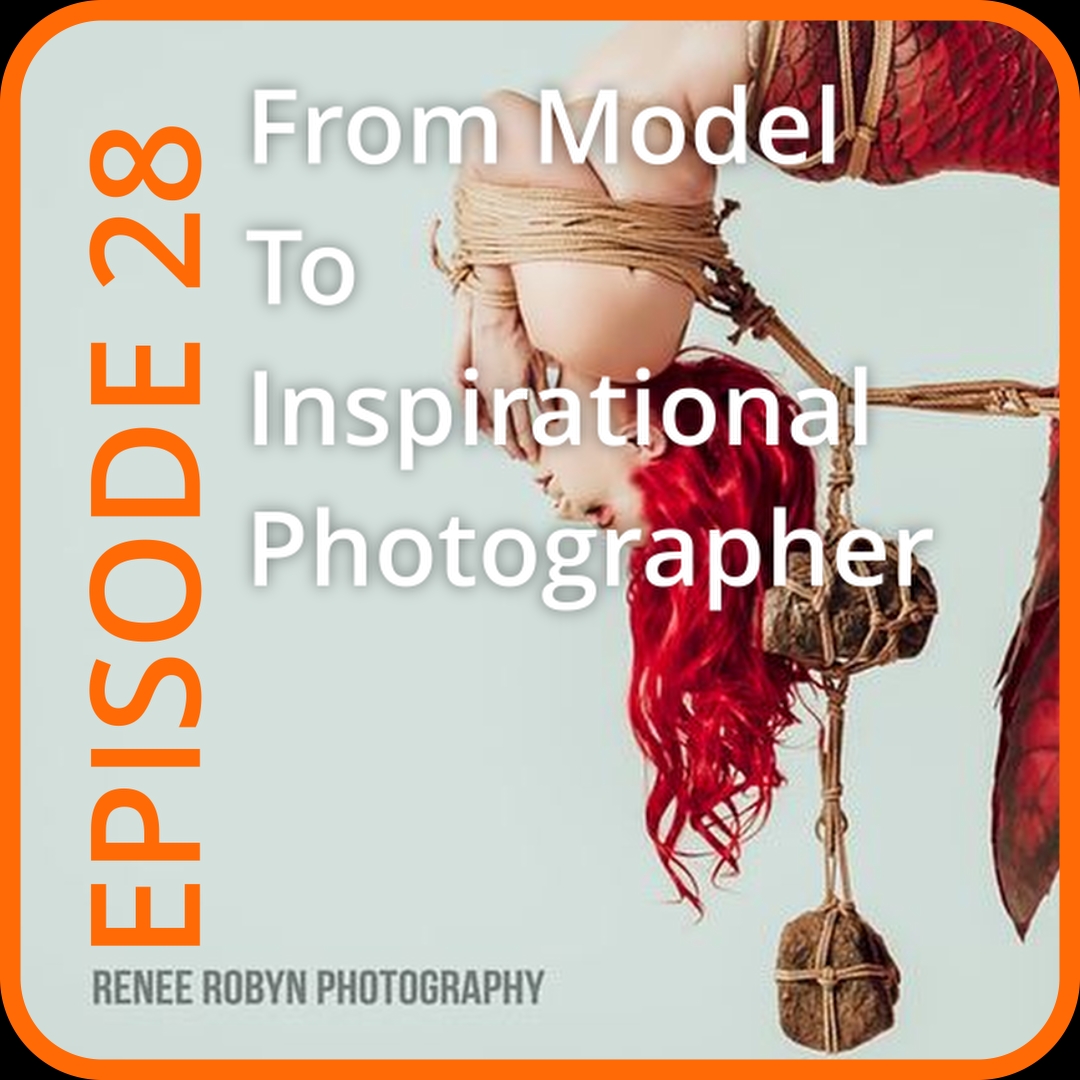Please note this post may contain affiliate links picked by me (Jay) that I have deemed may be of interest or relevant to you the reader of this.
These links do not affect the cost of the thing if you decide to purchase but i may get a little money if you choose to purchase.
For more information on my affiliate link policy click here.
The Battle Between Learning on YouTube and Getting a Formal Education
Welcome to The Photography Junkie! On this week’s show, we delve into the ongoing debate of YouTube learning versus pursuing a formal education in the field of photography. We are joined by Andrew Davies, a university lecturer, who brings his insights and expertise to shed light on this topic.
Table of Contents
- Introduction: Meet Andrew Davies and his Role as a Media Production Lecturer
- Andy’s Journey: From Childhood Fascination to a Career in Media Production
- The Media Production Course: What Students Learn and Experience
- The Battle Between Learning on YouTube and Getting a Formal Education:
- The Challenges of the Media Industry and Supporting Students’ Mental Health
- The Influence of Online Streaming and YouTube on Education
- Embracing the Gig Economy and Collaborative Learning
- Limitations of Traditional Educational Systems and the Need for Reform
- The Importance of Academic Rigor and Credibility in Formal Education
- The Importance of Universities in Photography Education: Insights from Andrew:
- Universities as Research Centers and Crisis Responders
- Academic Scrutiny and Resilience Building
- Deadlines, Discipline, and Preparedness in Professional Settings
- Comprehensive and Structured Learning Environment
- Human Connections, Collaboration, and Communication Skills
- Financial Accessibility and the Pursuit of Knowledge
- Dispelling Stereotypes and Fostering Neurodiversity in Education
- Andrew’s Advice for Aspiring Photographers: Passion, Resilience, and Fulfillment
The Battle Between Learning on YouTube and Getting a Formal Education
In the fast-paced digital age, where information is readily available at our fingertips, the way we acquire knowledge has undergone a significant transformation. YouTube, with its vast array of tutorials and educational content, has emerged as a powerful platform for learning. This has sparked a debate on the merits of learning through YouTube versus pursuing a formal education. To delve into this discussion, we turn to Andrew, an experienced lecturer and media professional, who shares his insights on the topic.
The Challenges of the Media Industry and Supporting Students’ Mental Health
Andrew begins by drawing a parallel between the challenges of becoming a doctor and entering the media industry. While becoming a doctor requires years of exams and training, there is generally a high demand for doctors, ensuring job prospects. On the other hand, the media industry is highly competitive, with countless aspiring professionals vying for limited opportunities. It’s a world that demands constant hustle and resilience. Andrew emphasizes the importance of supporting students’ mental health in this challenging field, as repeated rejections can take a toll on their well-being.
The Influence of Online Streaming and YouTube on Education
The conversation shifts towards the influence of online streaming and YouTube on education. Andrew acknowledges the significant shift in students’ aspirations, with many now desiring to be streamers or YouTubers. He reflects on the impact of the COVID-19 lockdown, sharing an inspiring anecdote about how he adapted his teaching methods to empower his students. By leveraging their gaming and streaming skills, he successfully facilitated a live broadcast in lockdown conditions. The experience not only showcased the students’ talents but also highlighted the growing importance of streaming in the media industry.
Embracing the Gig Economy and Collaborative Learning
The discussion touches upon the emergence of a gig economy centered around streaming and YouTube. This shift has prompted changes in teaching methods to accommodate the evolving landscape. Andrew highlights the autonomy enjoyed by higher-level institutions, allowing lecturers like him to adapt their work schedules and explore innovative approaches. Collaborative learning becomes a focal point, with students actively participating in shaping the curriculum. Andrew’s openness to learning from his students and incorporating their expertise demonstrates the importance of divergent thinking and problem-solving skills in media education.
Limitations of Traditional Educational Systems and the Need for Reform
The conversation further delves into the limitations of traditional educational systems. Andrew criticizes the focus on passing exams rather than equipping students with practical life skills. He advocates for a more holistic approach, citing examples from countries like Finland that prioritize teaching autonomy and real-world application of knowledge. The interviewee and host share personal experiences of struggling within the rigid confines of traditional education, emphasizing the need for reform and adaptation.
The Importance of Academic Rigor and Credibility in Formal Education
In the final segment, the discussion addresses the difference between self-learning through YouTube and pursuing a formal education. Andrew highlights the importance of academic rigor and credibility in the university setting. Formal education provides not only a structured curriculum but also accreditation, quality assurance, and opportunities for networking. While acknowledging the presence of credible practitioners on YouTube, he underlines the role of universities in protecting students and ensuring a high standard of education.
The Importance of Universities in Photography Education: Insights from Andrew
In the fast-paced world of photography, where technological advancements and creative innovations constantly shape the industry, the role of higher education becomes increasingly significant. Andrew, a respected lecturer and industry professional, highlights the invaluable contributions universities make to both students and the photography community at large.
Universities as Research Centers and Crisis Responders
Governments worldwide often turn to universities in times of crisis, seeking their expertise and research capabilities. Andrew points out that during the pandemic, universities were approached by governments for updates on vaccine development—a testament to the pivotal role these institutions play in tackling critical challenges.
|
|
Academic Scrutiny and Resilience Building
Moreover, universities have a vital responsibility to challenge students academically and foster resilience within professional environments. Andrew emphasizes the importance of academic scrutiny and intellectual development, as well as the cultivation of resilience necessary for success in the photography industry.
Deadlines, Discipline, and Preparedness in Professional Settings
One aspect that sets universities apart from self-study is the presence of assignments and deadlines. Andrew shares an example of a student who failed to submit their work on time, resulting in a significant grade reduction. This practice, while seemingly strict, mirrors the industry’s reality, where adhering to deadlines is paramount. Unlike the self-paced learning found on platforms like YouTube, universities instill a sense of discipline and preparedness for the demands of professional settings.
Comprehensive and Structured Learning Environment
Andrew’s personal experience leads him to assert that universities offer a more comprehensive and structured learning environment compared to self-studying. While acknowledging the power of self-taught individuals whose portfolios speak volumes, he emphasizes that universities are uniquely positioned to train and develop minds that may not naturally gravitate towards self-learning. They provide a balanced approach that combines intellectual growth, industry opportunities, and essential human connections.
Human Connections, Collaboration, and Communication Skills
The human connections forged in university settings have a lasting impact beyond formal education. Collaborating with peers and working towards shared goals fosters teamwork and strengthens communication skills—an essential aspect of the creative industry. Andrew cites Dr. Mark Beeman’s book, “The Aha Moment,” which suggests that the exchange of ideas and social interaction sparks innovative thinking and prevents the dangers of isolating oneself intellectually.
Financial Accessibility and the Pursuit of Knowledge
While acknowledging the ongoing debate about the merits of university versus self-study, Andrew reflects on the broader implications of education, particularly its financial aspect. He advocates for education to be accessible and affordable, expressing support for the idea of free university education to encourage individuals’ self-improvement. However, he recognizes that the pursuit of further education can sometimes become habitual, with students continuously seeking safety nets. Nevertheless, he believes that the desire to learn and the passion to expand one’s knowledge should be nurtured regardless of the individual’s path—whether through self-study or formal education.
Dispelling Misconceptions and Embracing Practical Learning
Andrew also dispels misconceptions about university education, noting that the traditional stereotypes depicted in movies do not accurately reflect the modern university experience. He emphasizes the dynamic and diverse nature of photography education, where practical, hands-on learning takes precedence over formal lectures. Universities strive to create neurodiverse and inclusive environments that cater to various learning styles, enabling students to develop problem-solving skills and gain practical experience.
Advice for Aspiring Photographers
For aspiring photographers seeking a similar path to Andrew’s, he advises being passionate, excited, and resilient. Andrew encourages individuals to embrace challenges, remain undeterred by setbacks, and immerse themselves in the subject matter. Financial stability and a genuine interest in the field are crucial factors that contribute to success. Finally, he concludes with a profound statement, remarking that he has never worked a day in his life—an indication of the fulfillment he finds in his chosen profession.
In this episode of The Photography Junkie podcast, Andrew’s insights shed light on the invaluable role of universities in shaping photographers’ careers. While recognizing the benefits of self-study, he underscores the unique advantages that universities offer in terms of academic rigor, practical experiences, and essential human connections. The world of photography can be challenging, and striking a balance between self-learning and formal education becomes paramount for aspiring professionals. Embracing new technologies and pedagogies while upholding educational standards will be crucial in preparing students for the challenges and opportunities that lie ahead.
Host Jay Clapp
Guest Andrew Davies
Audio licenced from Pond5
To licence your own high quality music and video visit our affiliate link here https://www.pond5.com?ref=site413












